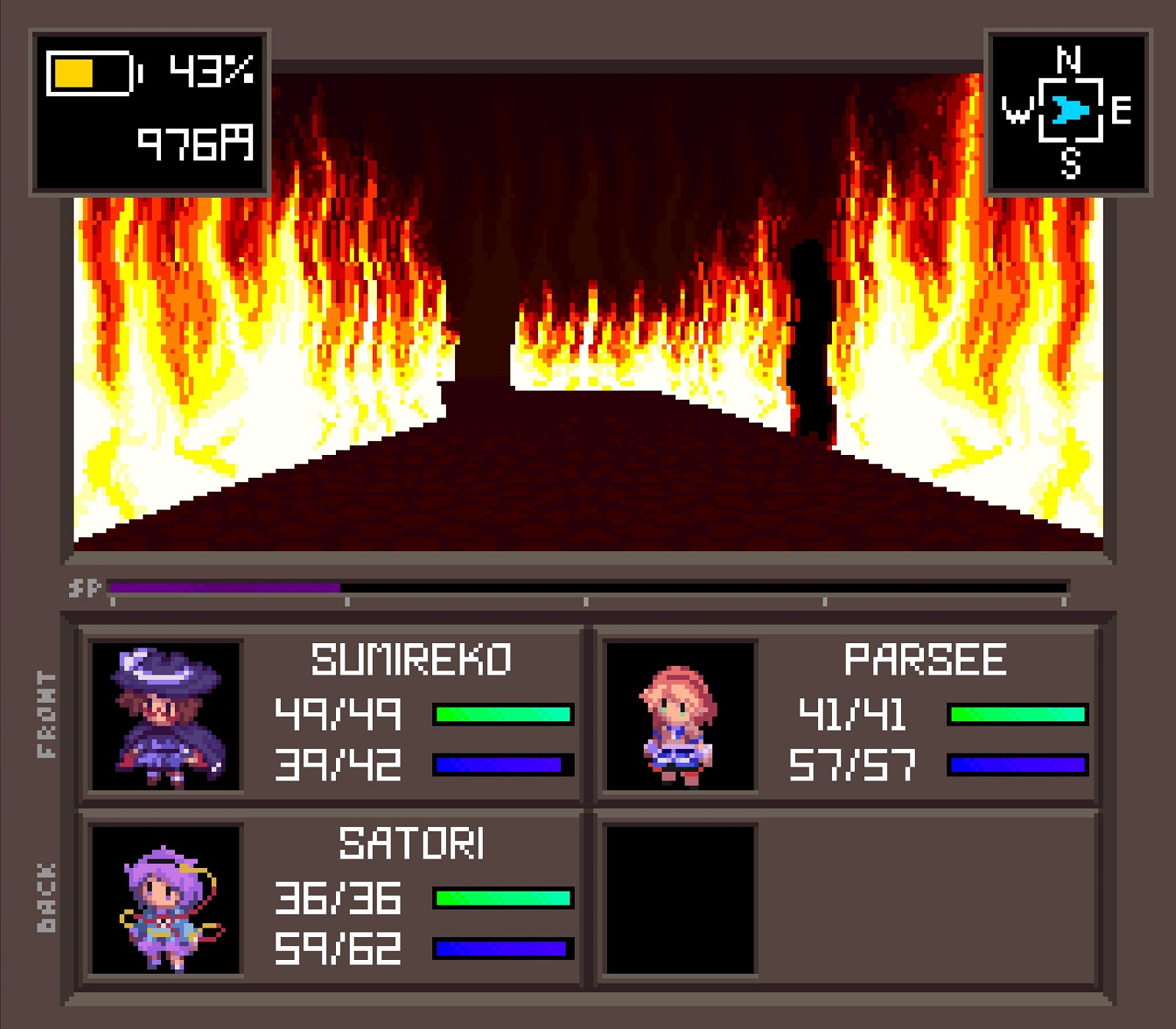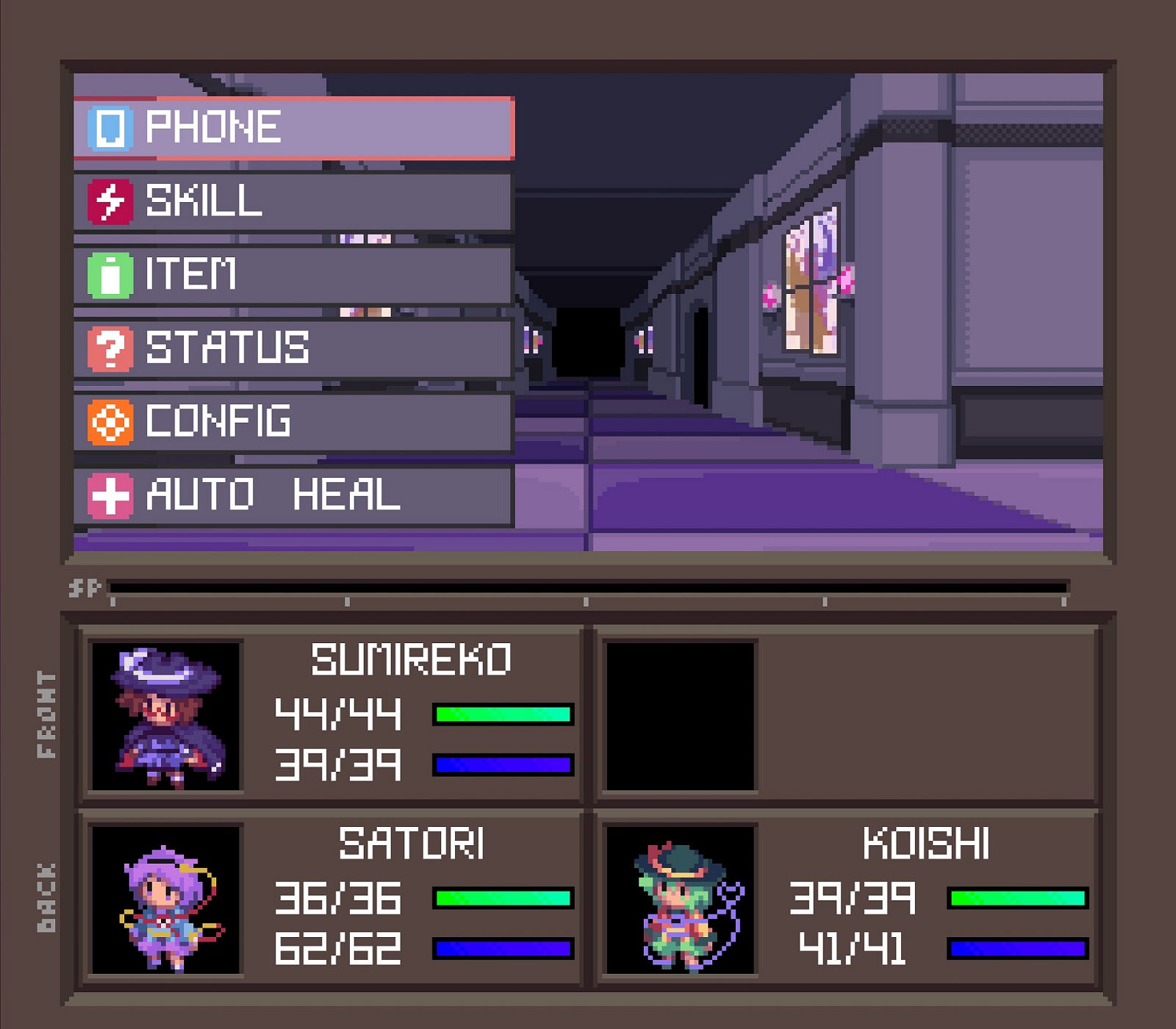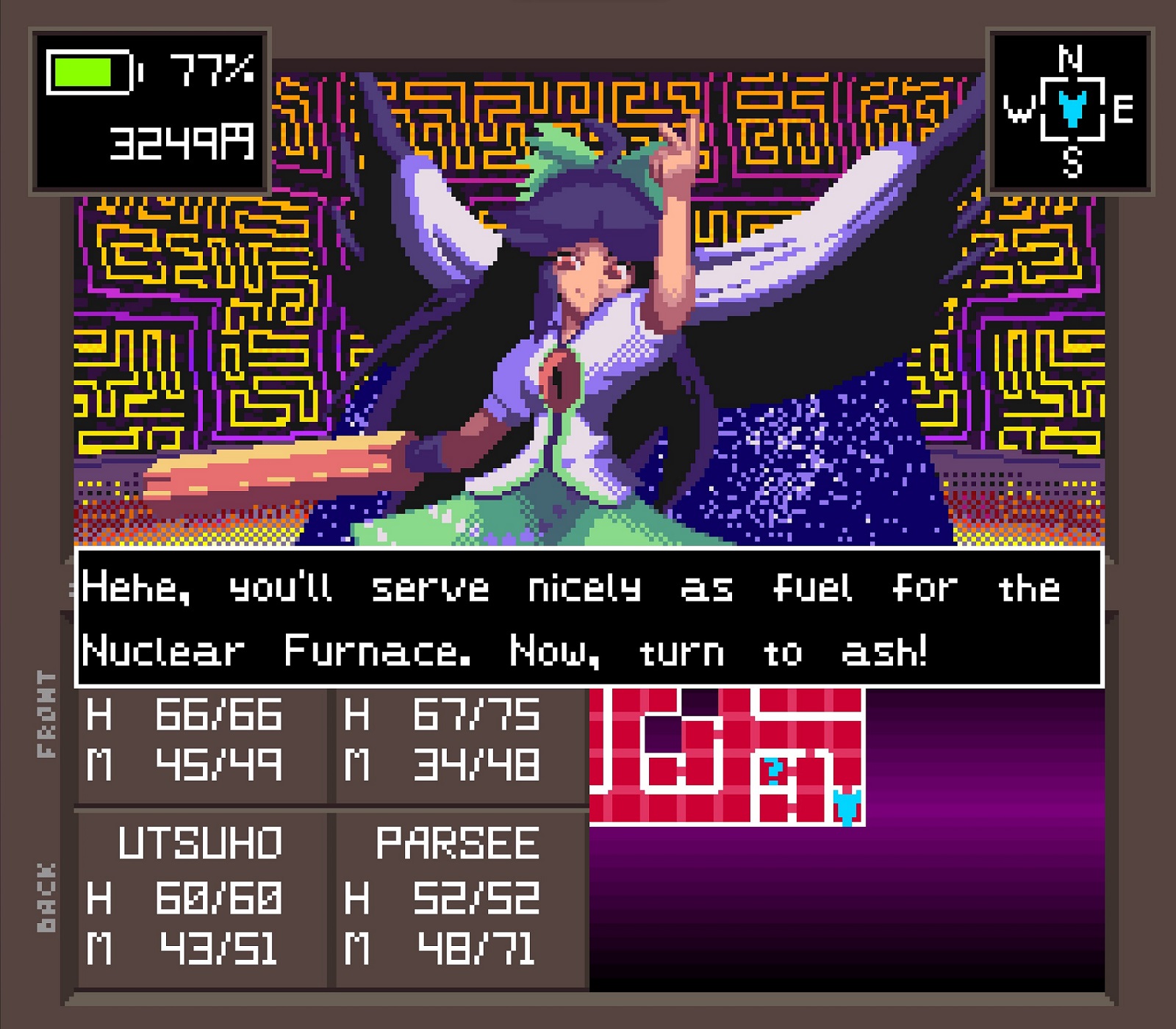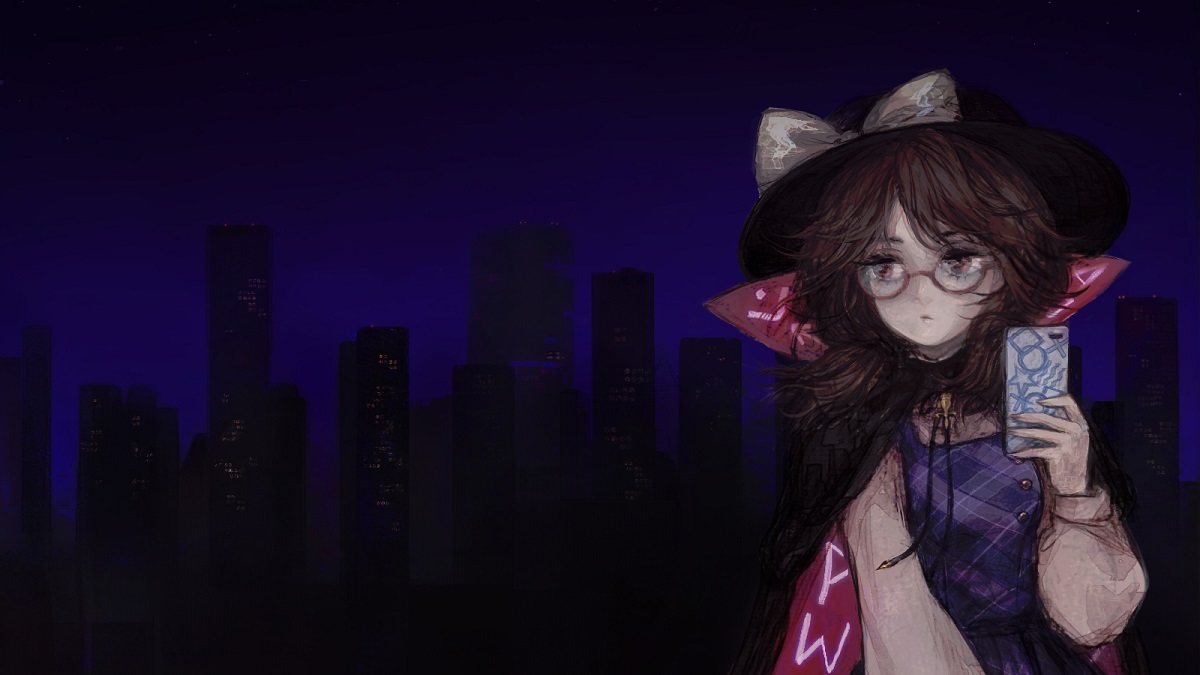Something many people might not know about me now is that I used to be a massive fan of the Megami Tensei franchise. Digital Devil Saga is still a favorite and my 3DS remains a Shin Megami Tensei 4 machine.
My adoration for this franchise extends even to the SNES titles. Specifically, I enjoyed the first SMT game and played some of its sequel on the same system.
There are definitely issues with these titles, ranging from Zio-breaking bosses to barren dungeons, but these games have a vibe. There’s something about exploring a desolate world, using computers to summon demons, and becoming a formidable force. The soundtrack is pretty killer, too.
It’s just a shame that the only official way to play the first SMT in the West is on older iOS devices. These older installments have a feel I haven’t seen in any other game, and I always wanted more. Well, a new game has captured that certain je ne sais quoi, and it’s a Touhou fan game.

A true fusion of Touhou and Shin Megami Tensei
Touhou Artificial Dream in Arcadia (Touhou ADIA because the name’s long) is a dungeon-crawling RPG developed by Bar Holographic Otaku, and it’s SMT with Touhou characters. That might be a reductive description, but it emulates how those older titles looked and played so well I want to consider it their successor.
The basic gameplay is of a straightforward dungeon-crawler. Players lead protagonist Sumireko throughout Gensokyo, exploring the world and the various dungeons. Throughout her adventure, she encounters many Touhou characters along with their mysterious clones called Sleepers.
Part of the SMT influences comes from the fact each Sleeper is recruitable or turned into items.
Something impressive is that most Touhou characters appear as these clones and are recruitable. I don’t know much about Touhou or its characters, so seeing over 150 listings in the compendium was astonishing.
Even elements from later SMT titles carry over into Touhou ADIA. While the series always emphasized exploiting enemy weaknesses, certain spells broke older games. Zio, for instance, is basically a win button in the first SMT since stuns were almost guaranteed. As most bosses had no electricity resistance, stunlocking them until they die is as viable as it is hilarious.
This isn’t so much the case in Touhou ADIA, as lightning spells don’t have stun capabilities. Finding weaknesses and managing party buffs is important as either can turn a battle’s course. Like SMT, optimal party composition with varying skills is crucial to survive.
Combat and exploration have a wonderful flow that takes the aesthetics of old SMT titles while improving the actual gameplay. Even better is that with each reminiscent feature, there’s a new element to it.

Rethinking old systems
Touhou Artificial Dream in Arcadia not only takes SMT‘s aesthetics and core gameplay but reintroduces some of its unique features in a new light. Of anyone I would single out, it would be how it handles recruitment.
Unlike SMT, players defeat Sleeper in bullet hell segments to recruit them. These call back to the mainline Touhou series as the Team Shanghai Alice titles are all bullet hell games. I haven’t played any of those titles, but these segments make me happy as a Cave and Treasure fan.
There’s even a dash of Pokemon added since it’s encouraged to weaken enemies before attempting a capture. A Sleeper with almost no HP will be far easier to defeat in the bullet hell segments than one at full HP.
Something uniquely SMT that has been adapted in Touhou ADIA is the fusion system. This means most party members can fuse and become stronger or weaker characters. Skill inheritance thankfully works like newer SMT titles in that players choose them instead of the game.
Terminals where fusions occur even have differing options on what to do with Sleepers. Affinity inheritance, like in Shin Megami Tensei V, is available along with sacrificing a Sleeper to strengthen another.
What I was surprised to see is that the Magnetite system returns in some form. Magnetite in early Megami Tensei games served as fuel to retain control over demons in the party. It’s an additional resource to grind for, and something I thought was a neat idea. It was just abundant to the point that players could simply keep overpowered demons out without much worry by the endgame.
Touhou ADIA reimagines Magnetite as the battery on Sumeriko’s smartphone. While the phone is important to the game’s plot, it’s also the equivalent of COMPs in various SMT games. Sleepers are summoned and stored from it while also providing other bits of information like the map.
It’s a neat way to continue prevalent motifs of technology summoning demons from Megami Tensei while remaining unique.

Living in light of one’s overbearing shadow
It’s difficult discussing Touhou Artifical Dream in Arcadia without bringing up Shin Megami Tensei. The influence on Bar Holographic Otaku is readily visible, but its project stands alone as an awesome RPG.
If I removed myself from my love of SMT, I would still recommend Touhou ADIA to old-school RPG fans. The pixel art is reminiscent of 16-bit titles while having enough detail to look amazing on LCD screens. Also helping is the gameplay feeling notably modern instead of something from 1992.
Even how it handles player death is unique, as Sumeriko exists in Gensokyo as a doppelganger. This means that her defeat in battle just means she creates a new one afterward at the cost of XP.
I haven’t finished Touhou ADIA, but I know it’s a gem. It’s a perfect pick-up-and-play game on my Steam Deck and fills me with a nostalgic feeling whenever I boot it up.
Still, when I swap to my desktop and keyboard, I feel 14 again and playing the first SMT with a fan translation. I’d fidget with the controls, pressing random keys because I forgot the default controls on the emulator I used. It was a feeling I’d never thought I’d experience again, and even though hooking up my controller would have ruined the moment.
Touhou ADIA is everything I imagine another SNES SMT game would be. It taps into potential previous mechanics like Magnetite had while introducing mainstays of more recent titles. In other words, it’s a dream a younger me had that became reality.








